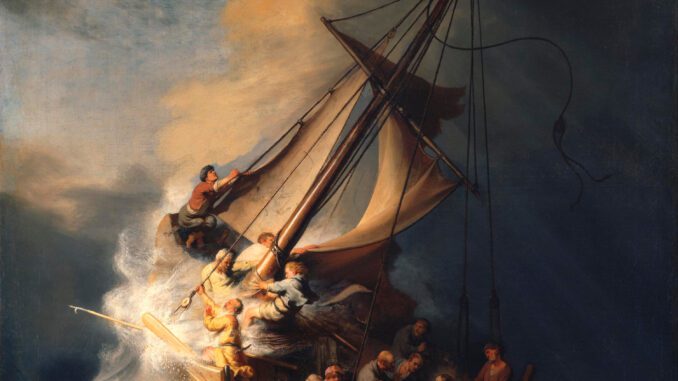
“But He said to me: ‘My grace is sufficient for you, for My power is made perfect in weakness.’ Therefore I will boast all the more gladly of my weaknesses, so that the power of Christ may rest upon me. For the sake of Christ, then, I am content with weaknesses, insults, hardships, persecutions, and calamities. For when I am weak, then I am strong.” 2 Corinthians 12:9-10
If none of God’s saints were poor and tried, we would not know the consolations of divine grace half so well.
When we find the wanderer who does not have a place to lay his head, who yet can say, “Still I will trust in the Lord”; when we see the pauper starving on bread and water, who still glories in Jesus; when we see the bereaved widow overwhelmed in affliction, and yet relying on Christ—oh what honor it reflects on the Gospel.
God’s grace is illustrated and magnified in the poverty and trials of believers.
Saints bear up under every discouragement, believing that all things work together for their good, and that out of apparent evils a real blessing shall ultimately spring. They know that their God will either work a deliverance for them speedily—or most assuredly support them in the trouble, as long as He is pleased to keep them in it. This perseverance of the saints proves the power of divine grace.
He who would glorify God, must reckon upon meeting with many trials. No man can be illustrious before the Lord, unless his conflicts are many. If then yours is a much-tried path, rejoice in it because you will better show forth the all-sufficient grace of God. As for His failing you, never dream of it—hate the thought. The God who has been sufficient until now, should be trusted to the end.
“No discipline seems pleasant at the time, but painful. Later on, however, it produces a harvest of righteousness and peace for those who have been trained by it.” Hebrews 12:11
Charles Spurgeon (1834-1892) is one of the most widely read preachers in history and is known by many as the Prince of Preachers. Spurgeon was pastor of the New Park Street Chapel (later the Metropolitan Tabernacle) in London. His works are now in the public domain.



